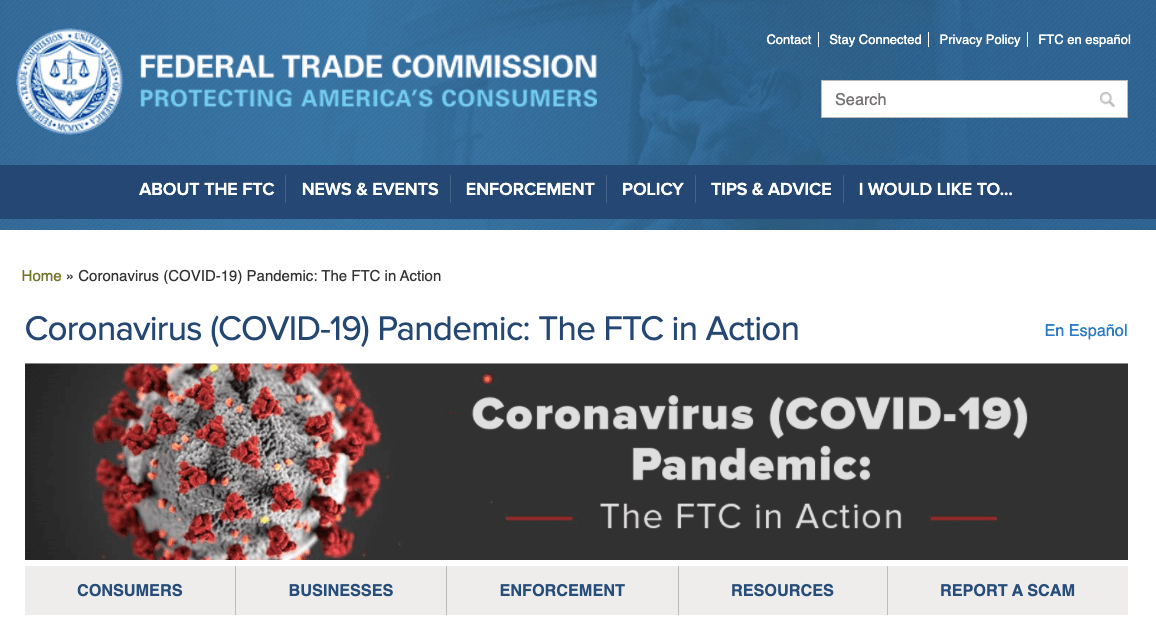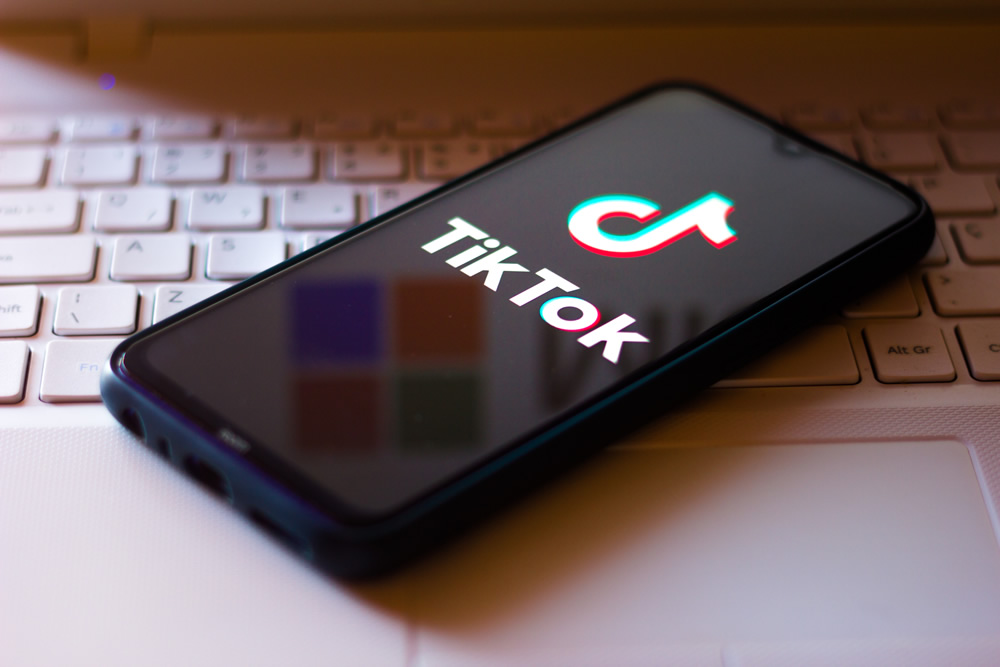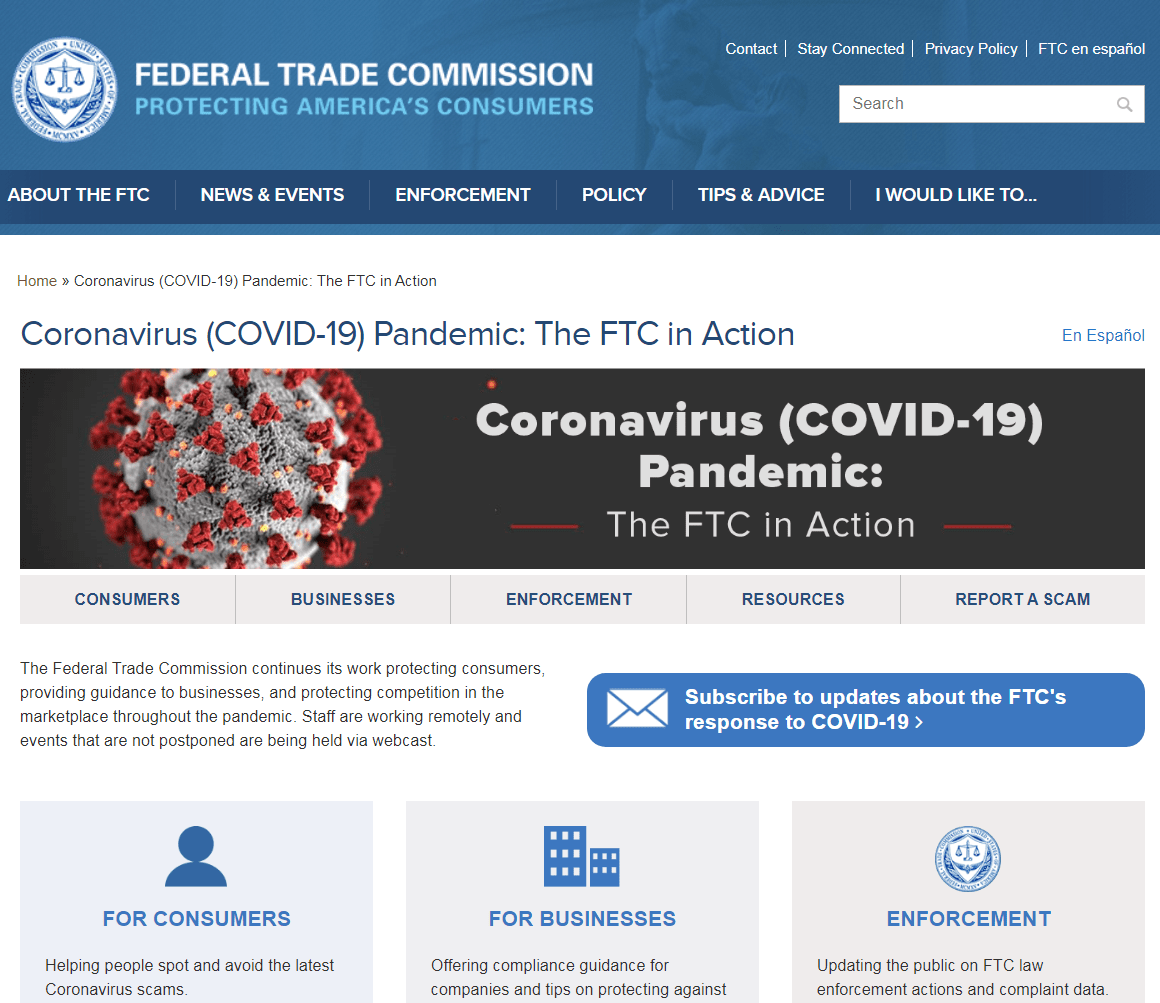Momentum Factor
Best practices for utilizing new app technology to capture a modernized market
By: Jena Lang Warford
You can try to get around having a good app by having a mobile responsive website, but it just comes down to the fact that while not all new technology is good, all good technology isn’t old.
—Damian Mobley, Executive Director of Technology, MONAT
Apps can now support this livestream shopping for customers, with individualized links for each Distributor to be credited for purchases.
—McKinley Oswald, President of Global Sales, Verb Technology
In a relationship business, is it really necessary to have an app—is that what distributors expect?
According to a Mary Meeker report, Americans are spending 5.6 hours a day on the internet, and 3.6 hours of that is on their mobile devices. With eMarketer asserting that 88 percent of mobile device time is spent within apps rather than within a browser, it makes sense for direct sales companies to invest in app technology.
To develop a successful app, executives need to ask themselves three questions, according to Damian Mobley, MONAT’s executive director of technology. “First, will the app serve a purpose that isn’t already being satisfactorily met; that is, are you replacing something inferior? Next, do the people want the functions you’re planning to offer? And finally, can you roll it out effectively?”
Direct sellers adopt artificial intelligence across departments to improve recruitment, training, compliance and retention
By: Stephanie Ramirez
Companies are taking customer data and feeding it through a machine-learning algorithm, turning patterns into predictions.You don’t have to understand statistics and probabilities, only how the technology will benefit the company.
—Michael Bayan, CEO, DirecTech Labs
Artificial intelligence (AI) and machine learning are not new concepts to many direct sellers. The pandemic, however, has led to a sharp rise in the adoption of digital and technological advancements. Novel AI applications are opening new pathways and potential for improvement for the channel.
Experts fear other social platforms may follow
By: David Bland
The loss of TikTok as a potential tool for reaching the dynamic Gen Z market is a blow to the channel.
Most concerning is the prospect that TikTok’s decision will act as a bellwether for platforms more vital to the direct selling channel, such as Facebook and YouTube.
The social media platform TikTok took the direct selling channel by surprise in December 2020 when it announced a sweeping addition to its community guidelines that included a ban on multi-level-marketing content. It is the first online social platform to place an outright prohibition on direct selling and MLM activity.
Experts offer an array of solutions to combat sharp rise in unauthorized listings
By: David Bland
“To successfully confront the fraudsters and opportunists requires new weapons to exhaust and overwhelm them.”
—Trajan Bayly, CEO, Gray Falkon
“Over the years, we’ve watched this problem grow exponentially. Direct sellers really struggle with it because it kills enthusiasm in the field. But it’s not going anywhere, and companies need to stay on top of it if they want to thrive.”
—Jonathan Gilliam, CEO, Momentum Factor
Led by Amazon, the explosive growth of the global online marketplace has completely reshaped commerce over the past few decades. These vast new virtual storefronts have brought with them a serious threat to both online and offline direct sales: the unauthorized seller.
 Prasad Gankanda, Young Living
Prasad Gankanda, Young Living
Prasad Gankanda has joined the management team of Young Living as executive vice president of sales. He previously served as senior vice president of global sales operations. Gankanda joined Young Living in 2015 as director of international operations, after holding positions of increasing responsibility at MonaVie, focused on manufacturing and supply chain.
 Agency maintains its hard-line stance on coronavirus-related claims
Agency maintains its hard-line stance on coronavirus-related claims
By: David Rauf
“It almost seems like what the FTC is saying is you can’t represent that you have a business opportunity.”
—Michael Collins, President and CEO, M&L Collins Group
“The FTC is going to be very diligent. We’re not going to tolerate these claims.”
—Lois Greisman, Assoc. Director of Marketing Practices, Federal Trade Commission
The Federal Trade Commission (FTC) has issued warning letters to six more direct selling companies over alleged misleading product and earnings claims related to the coronavirus. This represents the latest escalation between regulators and the direct selling channel over how to market products and business opportunities during the ongoing pandemic.
SHOP SAFE Act introduced; efficacy for direct sellers remains to be seen
By Rick Redding
“American consumers increasingly turn to the internet to shop. Counterfeiters have followed consumers, and it is clear more must be done to combat the rising trend in online sales of counterfeit products.”
—Rep. Gerald Nadler, D-NY
The federal government is proposing legislation to combat an ongoing problem in major global marketplaces such as Amazon and eBay—counterfeiters who profit from the sale of inauthentic products. This legislation would require online marketplaces to toughen their standards and enforcement against third-party sellers.
Even well-intentioned field members can post illegal claims
By Jonathan Gilliam, CEO of compliance firm Momentum Factor
“These warning letters are just the first step. We’re prepared to take enforcement actions against companies that continue to market this type of scam.”
—Joe Simon, Chairman, FTC
Coronavirus. COVID-19. A global pandemic. Whatever you want to call it, news is coming in daily with updated numbers of cases and deaths related to the quickly spreading virus. Cities and countries all over the world are shutting down. It’s a scary time for us all and, as with other crises that arrived suddenly and without warning, we are looking for answers and solutions.
By Stephanie Ramirez
Finding regularities, patterns and trends in massive amounts of seemingly unrelated data is a strength of AI and machine learning.
Artificial intelligence (AI) used with machine learning and other automated applications has found its way into almost every industry, including direct selling. Data analysis tools built with AI technology can provide forecasting, predict future customer and distributor behavior, provide restocking and supply chain levels, target campaigns with extreme personalization, create enhanced distributor and customer journeys, and even monitor the brand.












